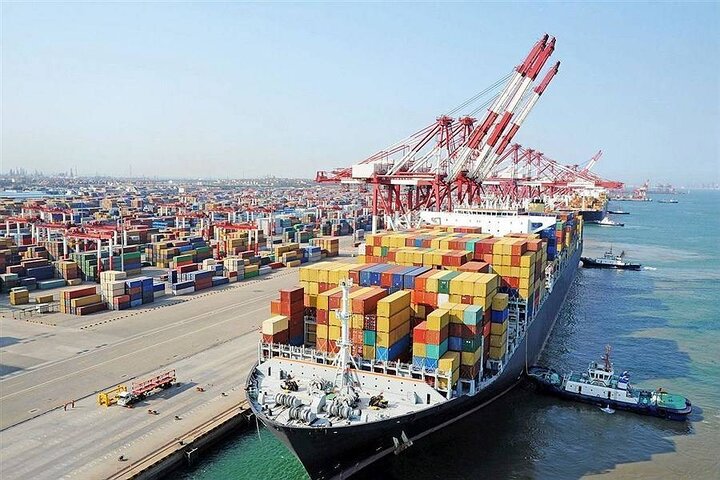According to Shada, Dr. Seyed Ali Madani Zadeh, Minister of Economic Affairs and Finance, has repeatedly emphasized the revival of free zones as a gateway to the country’s development, and this issue has been a significant issue in both the minister’s program and in his approaches.
Restoring the legal advantages of free zones is a goal that the government is now pursuing by drafting a bill to revive free zones. The bill, details of which were announced by Reza Masroor at the Investment Opportunities Conference, focuses on six key axes.
The key themes of the bill are as follows:
Developing regional trade: Establishing joint free zones with neighboring countries to strengthen international cooperation.
Strengthening financial relations, focusing on exports, reforming legal systems, developing technology and digitalization, improving productivity
The bill is being pursued with the support of the President.
Global lessons: The China and Dubai model
Global experiences also show that using the capacities of free zones for development can provide economic openings for countries. At a recent conference on the capabilities of free zones, the Minister of Economy, referring to China's experience, stated that the country's free zones, by eliminating heavy subsidies, reducing taxes, and minimizing government intervention, have transformed cities like Shanghai into global hubs that provide 40 percent of China's exports.
Meanwhile, Dubai's Jebel Ali region is also a successful model by attracting $100 billion in foreign investment and creating 300,000 jobs.
WTO reports show that free zones in developing countries have increased economic growth by 5-7 percent and helped reduce poverty.
The secretary of the Free Zones Council recently announced the development of a document to localize these models.
Iran’s Challenges: From Smuggling to Weak Infrastructure
In fact, what has happened to the special and commercial free zones in Iran is that the original goals of establishing these zones have been forgotten. Constant changes in laws, dependence on imports, and inadequate infrastructure have prevented the fulfillment of promises such as the creation of 100,000 jobs in each zone.
Iran’s low ranking in the Ease of Doing Business Index indicates the need for digitalization and the removal of bureaucratic obstacles, which is why exemptions for free zones from some laws, such as value-added tax (VAT), have been included in the new bill.
Future Outlook: Technology Hubs and International Corridors
Focusing on the digital economy and export projects, the government plans to turn one of the free zones into a high-tech hub, similar to Shenzhen in China.
Advancing the Ministry of Economy's programs, along with cooperation with the Ministry of Foreign Affairs to reduce sanctions, can turn free zones into gateways to Iran's economic development.

